Sempre que um livro é best-seller,
seus direitos de adaptação são rapidamente comprados por Hollywood. Isso
aconteceu com “O Vale das Bonecas”, um romance que vendeu 10 milhões de cópias
em seu lançamento - até hoje, considerando os relançamentos e traduções, 31
milhões de cópias do livro já foram vendidas ao redor do mundo. Por isso, eu
peguei a cópia da minha mãe e a li, e depois vi o filme para comparar.
Whenever a book is a bestseller, its adaptation
rights are quickly snatched by Hollywood. This happened with “Valley of the
Dolls”, a novel that sold 10 million copies when it was first released - until
now, considering all the reprints and translations, 31 million copies of the
book were sold around the world. So, I grabbed my mom’s copy and read it, and
then watched the movie in order to compare both.
No começo, temos Anne Welles (Barbara
Parkins), que acabou de chegar à Nova York para trabalhar para um agente de
talentos, Neely O’Hara (Patty Duke), uma garota-prodígio vinda de uma família
do show business, e Jennifer North (Sharon Tate), uma garota com um corpo
estonteante e um grande coração. Anne se apaixona pelo mulherengo Lyon Burke
(Paul Burke), Neely faz estrondoso sucesso e Jennifer se apaixona pelo cantor
Tony Polar (Tony Scotti), cuja irmã e agente, Miriam (Lee Grant), desaprova o
romance. Neely é quem enfrenta mais problemas, pois, como grande estrela, fica
viciada em remédios - pílulas que ela chama de “bonecas”. Cedo ou tarde, todas
as garotas têm problemas com estas pílulas.
In the beginning, we have Anne Welles (Barbara
Parkins), who just arrived in New York to work for a talent agent, Neely O’Hara
(Patty Duke), a prodigy girl from a show business family, and Jennifer North
(Sharon Tate), a girl with a gorgeous body and a big heart. Anne falls in love
with ladies’ man Lyon Burke (Paul Burke), Neely has a big break and Jennifer
falls in love with singer Tony Polar (Tony Scotti), whose sister and agent,
Miriam (Lee Grant), disapproves the relationship. Neely has the toughest
battles to face, because, as a big star, she starts taking pills - that she
calls dolls - for everything: sleeping, waking up, losing weight, having energy
and so on. Eventually, all the girls have a little trouble with pills.
Tudo acontece muito rápido no filme. Por
exemplo: Anne conhece a diva do teatro Helen Lawson (Susan Hayward) nos
primeiros dez minutos. Isso só acontece após umas 100 páginas no livro. E Anne
conhece Neely no teatro, enquanto no livro elas são vizinhas de apartamento em
NY. Anne ajuda muito Neely no livro, e Neely costuma mostrar seu lado mais
juvenil quando conversa a sós com Anne.
Everything happens too quickly in the movie. For
instance: Anne meets theater diva Helen Lawson (Susan Hayward) in the first ten
minutes. This only happens after about 100 pages in the book. Also, Anne meets
Neely at the theater, and in the book they’re actually neighbors, living in the
same building in NY. Anne helps Neely a lot in the book, and Neely often shows
her childish side when she is alone chatting with Anne.
Uma coisa boa, entretanto, é a
ausência de Allen Cooper, primeiro namorado de Anne no livro. Allen é um
milionário machista que diz que Anne se casará com ele, mesmo quando ela
protesta e diz que não o ama. Ele simplesmente afirma que ela vai se casar com
ele, e que ela sairá do emprego, e que ela será mãe de seus filhos. Allen era um
embuste.
A good thing, however, is the absence of Allen
Cooper, Anne’s first boyfriend in the book. Allen is a sexist millionaire who
says Anne will marry him, even if she often protests and says she doesn’t love
him. He simply says she will marry him, and will leave her job, and will have
his kids. Allen was a disgusting guy.
No livro, Anne se torna amiga de
Helen Lawson, que viu na garota a única pessoa em que poderia confiar. Isso
dura pouco, mas é importante porque dá início à amizade entre Anne e Jennifer.
Como o filme foca em casais e comportamento autodestrutivo, eu senti falta da
amizade entre as três protagonistas.
In the book, Anne became friends with Helen Lawson,
who saw in the girl the only person she could trust. This lasted little time,
but it was important because it was the beginning of the friendship between
Anne and Jennifer. Since the movie focused on couples and self-destructive
behavior, I missed the friendship between the three female leads.
O livro começa em 1945 e termina 20
anos depois. O filme não menciona nenhum período de tempo, mas a moda, os
cabelos e os objetos da todos dos anos 60. Há mais mudanças, mas estas são as
principais que podem ser mencionadas sem que eu dê spoilers.
The book starts in 1945 and ends 20 years later.
The movie has no time period mentioned, but the fashion, hairstyles and props
are all from the 1960s. There are more changes, but these are the main ones
that can be mentioned without giving spoilers.
O passado e o primeiro casamento de
Jennifer - que foi apenas por dinheiro - não são mostrados no filme, embora
algumas coisas polêmicas sejam mencionadas, como aborto e “bichas”. O Código
Hays estava agonizando, mas ainda não estava morto.
Jennifer’s background and first marriage - for
money only - were not shown in the movie, although some risky things are
mentioned, like abortion and “queers” and “fags”. The
Production Code was agonizing, but not yet dead.
Eu não gostei de como Anne menciona
que “pertence” ao homem que ama. Este é um conceito antiquado presente tanto no
livro quanto no filme - e BEM MAIS no livro. Isto e as “bichas” mencionadas
pejorativamente são as piores coisas no livro, e mostram uma visão retrógrada
da autora Jacqueline Susann.
I didn’t like how Anne said she “belonged” to the
man she loved. It was an old-fashioned concept that was present both in the
movie and the book - A LOT more in the book. This and the “fags” mentioned in a
bad way are the worse things in the book, presenting author Jacqueline Susann’s
retrograde vision.
Não há dúvida de que Neely é a
estrela do filme e Patty Duke, a melhor em cena. Sua narrativa sobre sua
passagem por um sanatório é horrorizaste - considerando que uma das outras
pessoas lá havia sido internada porque era homossexual. Paul Burke não tem o
que é preciso para ser o Lyon Burke descrito no livro - um homem que enfeitiça
todas as mulheres que o veem. Acredito que Robert Redford teria sido uma escolha
muito melhor.
There is no doubt that Neely is the star of the
movie and Patty Duke, the best actress in scene. Her account of her time in the
sanitarium is horrifying - considering that one of the other people there was
institutionalized because she was a homosexual. Paul Burke doesn’t have what it
takes to be the Lyon Burke described in the book - a man that bewitches all
women that look at him. I believe Robert Redford would have been a much better
choice.
A trilha sonora foi composta por John
Williams, que mais tarde teria uma longa e brilhante parceria com Steven
Spielberg. Aqui o diretor é o abusivo Mark Robson, que havia dirigido, uma
década antes, o bem-sucedido e polêmico “A Caldeira do Diabo” (1957), e era uma
escolha óbvia para a adaptação de “O Vale das Bonecas” - mesmo considerando que
o filme seria melhor com Douglas Sirk na direção.
The soundtrack was composed by John Williams, who
would later have a long and brilliant partnership with Steven Spielberg. Here
the director is the abusive Mark Robson, who had directed, one decade earlier,
the successful and polemic “Peyton Place” (1957), and was an obvious choice for
the adaptation of “Valley of the Dolls” - even though it’d have been better as
a Douglas Sirk movie.
Eu vejo problemas tanto no livro
quanto no filme. Em muitos momentos no livro, eu pude apontar erros de tradução
e adivinhar qual era a palavra original que causou o erro. A autora Jacqueline
Susann odiou o filme, e muitos críticos concordaram com ela. Mesmo assim, “O
Vale das Bonecas” foi l maior sucesso de bilheteria da Fox naquele ano. Tanto o
livro quanto o filme não são tão ruins quanto se fala por aí, mas também não
são obras-primas. Eles são agradáveis de se ler e de se ver - e provavelmente a
melhor parte é tentar adivinhar qual celebridade real inspirou cada personagem.
I see problems in both the book and the movie. In
many moments in the book, I could point translation mistakes and guess which
were the original terms that originated the mistakes. Author Jacqueline Susann
hated the finished film, an opinion shared by many critics. Nevertheless,
“Valley of the Dolls” was Fox’s top money-making film of the year. Both the
novel and the film are not as bad their fame, but they’re not masterpieces
either. They are fun to read and write - and probably the funniest part is
guessing which real-life celebrity inspired each character.
This is my contribution to the Lovely Lee Grant
blogathon, hosted by Gill at Realweegiemidget Reviews and Chris at Angelman's Place.
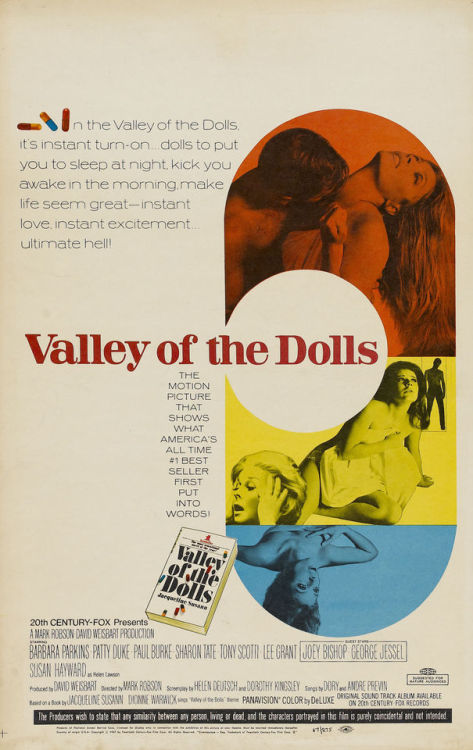
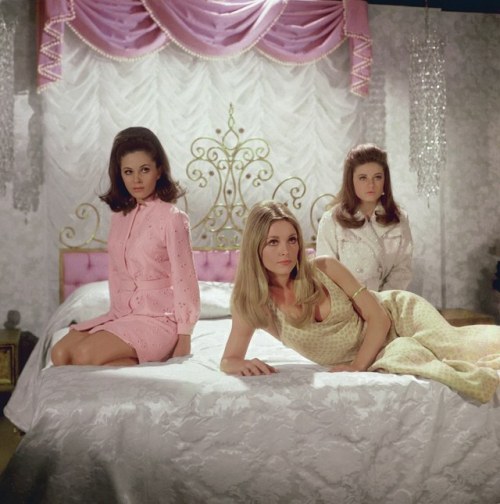
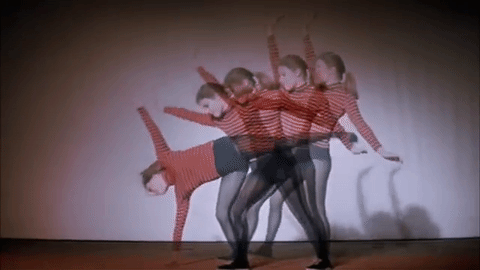
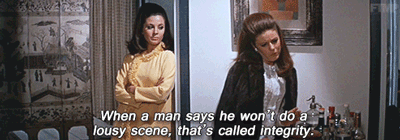
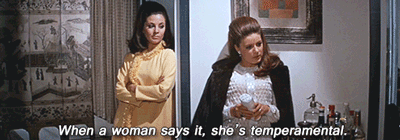
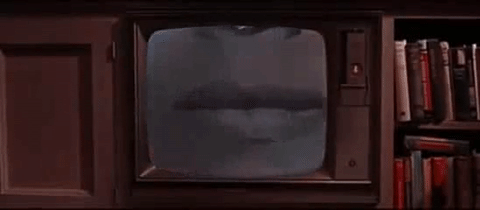
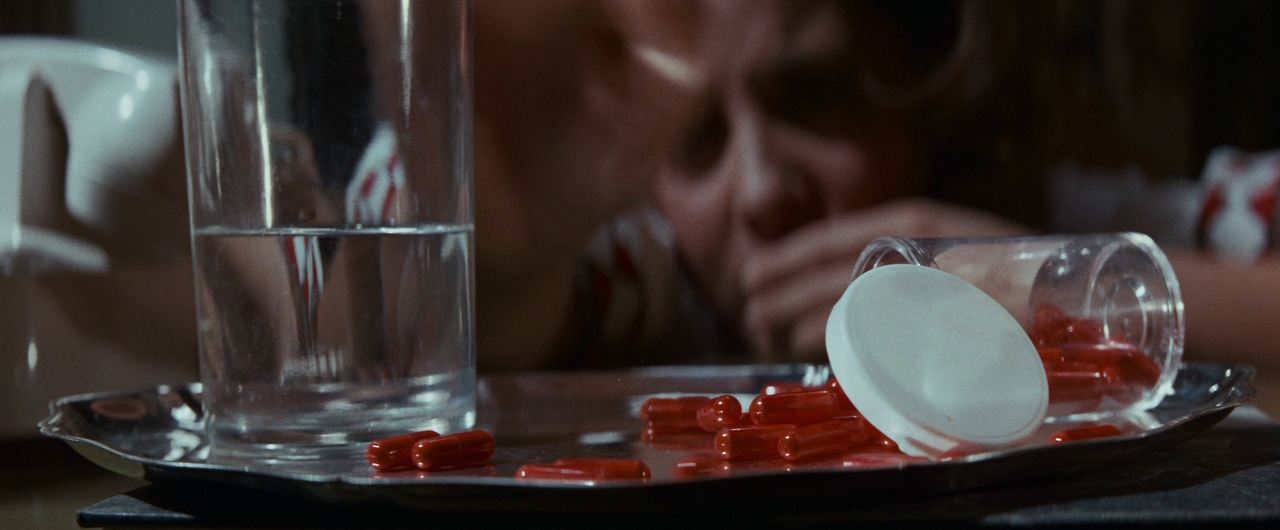
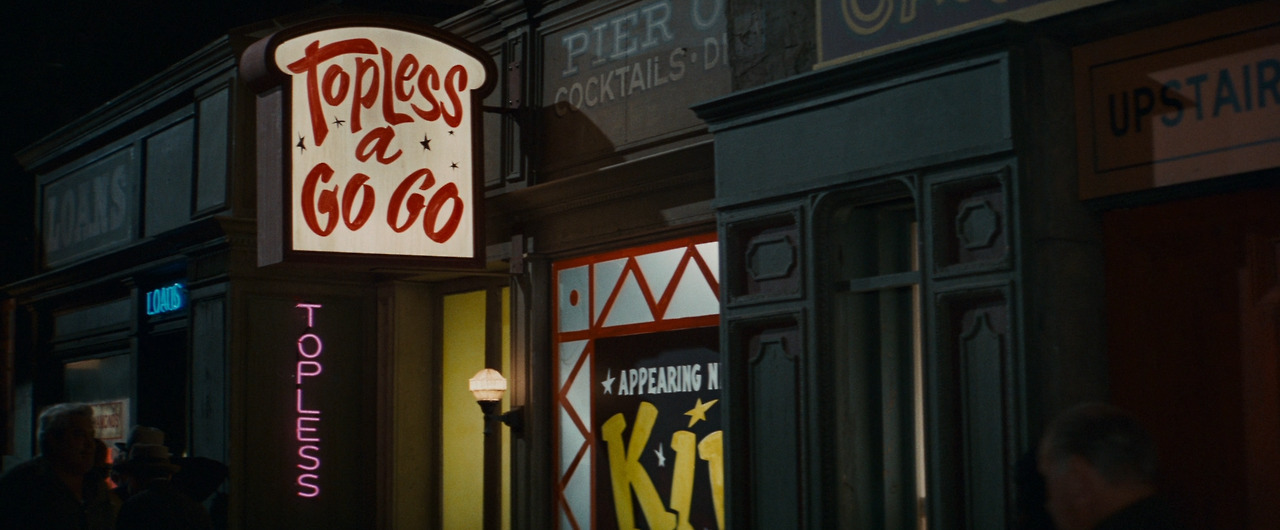
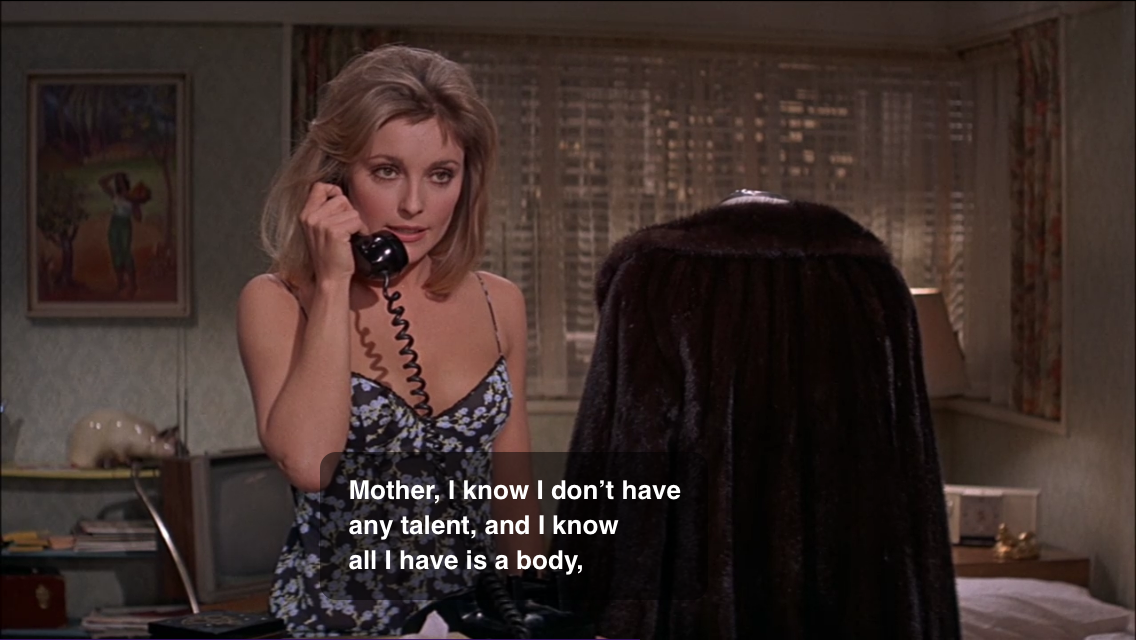
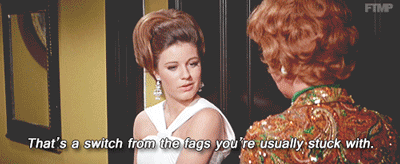
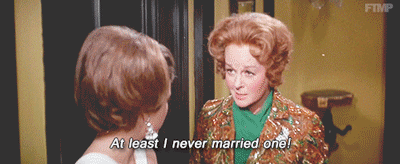
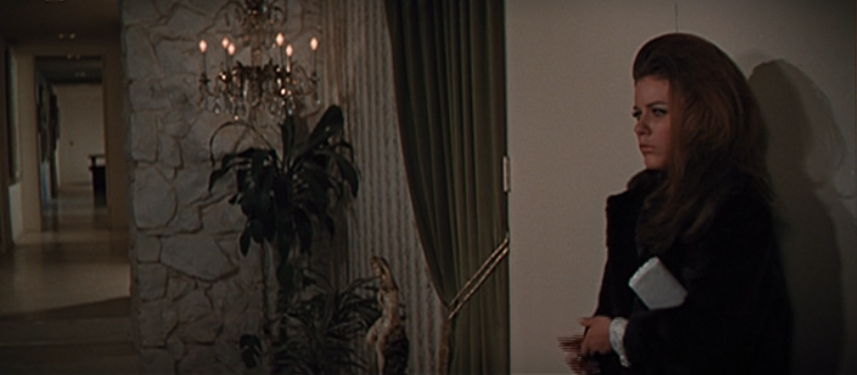


5 comments:
Thanks for bringing this book and the movie to the blogathon, I'm definitely going to try and find the film but kudos to you for reading and watching both adaptations.
Thanks so much for including this campy classic in our roster—Valley of the Dolls is a must-see for fans of the fabulous Lee Grant.
I agree totally with you that this is a movie full of flaws and missed opportunities...with a different director and a few different casting choices (Judy Garland was fired after a week of playing the Susan Hayward role; and Redford would have been GREAT as Lyon!) this might have been a better movie. I too read the book and it enhances and enlarges my view of the story as well. You are right...the movie moves too fast and there is not enough love and cameraderie among the girls.
Love your blog!!
-Chris
I've never gotten around to this movie, but the next time it airs I may give it a look with your book to movie comparisons in mind.
Nice review of the book and movie. The book was actually an entertaining read, and the movie, as you and the others have noted, missed a lot of opportunities. I personally did not care for Patty Duke and thought Susan Hayward actually gave the best performance, however brief. I didn't even remember that Lee Grant was in the movie!
Um bom filme, mesmo com o canastrão Paul Burke, deveria ser exibido pela t.v. aberta, ate por conta dos assassinatos.
Post a Comment